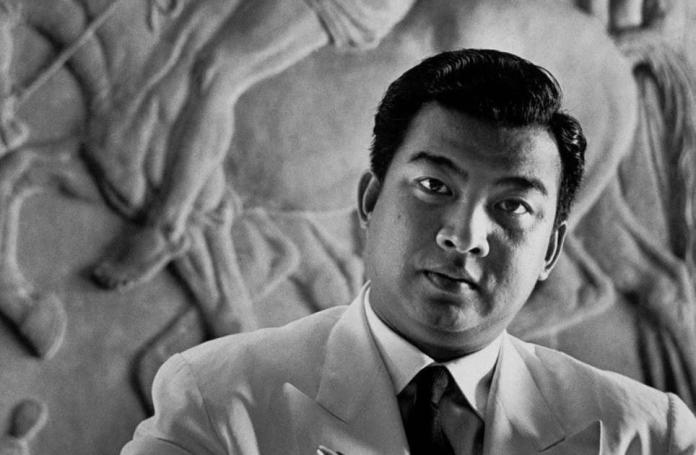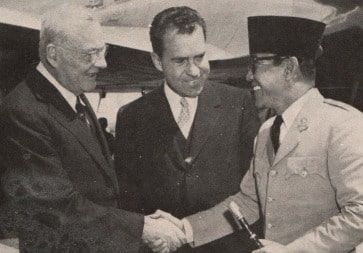In new memoir, CIA expert shares interviews he conducted with CIA paramilitary officers who spilled the beans about CIA drug trafficking along with other major crimes.
In 1991, during the 1st Persian Gulf War, investigative journalist Douglas Valentine traveled to Thailand and interviewed a group of legendary CIA officers who had helped run the secret war in Laos and other clandestine operations in the Indochina Wars.
Among them was Anthony Poshepny (aka Tony Poe), the prototype for Colonel Kurtz in Francis Ford Coppola’s epic 1979 film Apocalypse Now—a covert warrior who went off the deep end and established a secret jungle enclave where enemy body parts were displayed.[1]

Now 66, Poshepny lived at the time in a big, beautiful home in a fancy neighborhood in Udon Thani, Thailand, home of a major U.S. air base during the Indochina Wars used for carrying out secret bombing missions over Laos.
Poshepny owned a lumber and security consultant business and a sugar and tapioca farm; he was considered around town to be a friendly guy but a belligerent drunk.

Poshepny’s father had been a naval officer and he had become desensitized to violence serving with the Marines in the Battle of Iwo Jima during World War II.
During a meeting with Poshepny, who suffered from diabetes and cirrhosis from years of heavy drinking, Valentine noticed that he was missing two middle fingers. Poshepny also liked to tell obscene jokes.
He told Valentine that he was proud of things he had done with political implications, notably his involvement in a failed CIA coup against Indonesian socialist leader Sukarno in 1958, where he and CIA officer “Pat” Landry supplied mutinous military forces in oil-rich Sumatra with M16s and thousands of rounds of ammunition. “It was an adventure,” Poshepny said.

Poshepny, around the same time, told Valentine that he had created a guerrilla army in Thailand to try to destabilize Cambodia, which was then ruled by neutralist Prince Norodom Sihanouk, who was seen as too friendly to the North Vietnamese communists.

After Cambodia, Poshepny went on to Tibet, where he was awarded a coveted intelligence medal for his role in a CIA operation to support the Dalai Lama and recruit his supporters into a guerrilla army that waged war against the People’s Republic of China (PRC).

During the Korean War (1950-1953), Poshepny worked under station chief John Hart[2] in South Korea, training guerrillas and running operations up the eastern coast to the Soviet border near Vladivostok.

Subsequently, he was sent to Thailand with Hart—whom a colleague described as a “guy who has strong criminal tendencies—but was too much of a coward to be one [a criminal].” Poshepny worked under the cover of Sea Supply (a military contractor run by OSS veteran Willis Bird) with the Thai Border Patrol Police (BPP) in Chung Mai.
In 1961, Poshepny was sent to Laos where, for the next 12 years, he helped run the CIA’s secret war. The CIA financed a mercenary arm of Hmong guerrillas who served as cannon fodder in the fight against the pro-communist Pathet Lao.

Poshepny told Valentine that he was “not proud of his service in Laos.” For one thing, he said that he “chopped up a lot of prisoners.” He and his friends would line up three prisoners, wrap cord around their necks, and then blow the heads off the first two prisoners as an inducement to get the last guy to talk.
Poshepny was one of the CIA liaisons to Vang Pao, a leader of the ethnic Hmong. The CIA molded them into a guerrilla army to fight the communist Pathet Lao after the Royal Lao army proved unable to fight. Poshepny said that Vang Pao “was a bastard who should have been arrested for extortion,” as he was “pocketing” CIA money.
Article: CIA Officers Admitted the Agency Ran Drug Traffic During Indochina Wars
